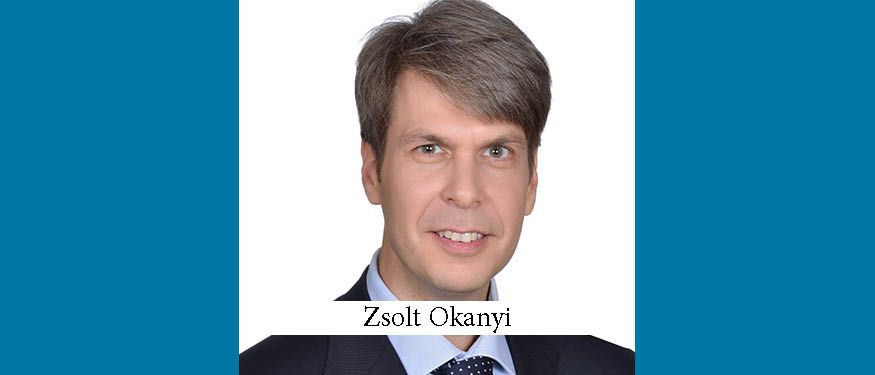“This crisis has the potential to be a lot worse than Lehman Brothers,” opined George Soros, the Hungarian-born American financier and philanthropist about the 2009 crisis, and he was right.
In 2008-2009, no one could have imagined that the crisis that was about to unfold would change corporate lawyers’ spectrum so dramatically, how we think about business law, and how thin the borderline is when it comes to white-collar crimes. In this article we will provide a brief overview of some of the key trends in corporate culture that have caused significant changes to legal services in the past decade in Europe – particularly in Hungary and the rest of Central and Eastern Europe (CEE).
Corporate life has changed massively these past few years: ethics and compliance have become core issues and key functions; in-house legal departments have assumed new duties encompassing, among other things, internal investigations, compliance guidelines, and whistleblowing systems; and these phenomena have been mirrored in law firms that service international corporations and their local affiliates. Lawyers in law firms and in-house legal departments who promised eternal fidelity to civil law in law school started to review old criminal law textbooks. Particularly in CEE, general financial instability, increasing living costs, unpredictable career paths, and existential fear often formed the basis of employees committing white-collar crimes of diverse magnitudes. Nationwide scandals involving white-collar crimes by members of the political elite further eroded personal integrity. Employees who had been caught red-handed often reacted by confessing, fighting not only with fear of legal consequences but also with loss of their human dignity. Others, with a more criminal character, often attempted to escape by destroying or forging evidence, threatening witnesses, or traveling to jurisdictions with no extradition treaties. For a long while it appeared that ever more irregularities were committed, or at least detected and investigated, and imposing punishment to make an example of those violating the law was seen as necessary to limit further wrongdoings.
In fact, while previous irregularities long went unnoticed or, if detected, often unpunished, the new era required in-house and external counsels to investigate and analyze a plethora of white-collar crimes – from all kinds of fraud (like a misuse of the corporate credit card), through embezzlement, up to various forms of bribery and corruption. It often astonished investigators to see how creative and sophisticated – or, alternatively really plain and dull – their former colleagues were when inappropriately funneling out corporate assets. And it must have been bitterly surprising for ex-workers, who often believed it was fine to use corporate funds for private purposes or that corruption was an inherently normal form of business, that not only were they laid off, but civil or even criminal actions were initiated to reclaim misappropriated funds. In my own practice I observed that all employers always wanted immediate labor law consequences, with about two-third also requiring a repayment of the pecuniary loss, but a much lower percentage (not more than 15%) wanted charges filed with the police – and even fewer sought injunctions and other procedural tools to block the stolen funds.
In Hungary, as elsewhere in CEE, introducing whistleblowing hotlines was extraordinarily challenging, as the mere action of reporting recalled one of the darkest elements of communist regimes. Nonetheless, employees quickly understood that reporting irregularities served both their own interests and those of the corporation, and statistics demonstrate that whistleblowing has now become a key tool in corporate self-cleaning.
Where do we stand today? Many believe that this process is about to peak now with regular compulsory compliance trainings for all employees, establishment of compliance departments separate from traditional legal work, and the creation of investigations teams both in-house and by law firms. It is nonetheless not possible to predict which way we are moving forward and whether compliance will take an even larger bite from our everyday work and life. As a matter of reaction, however, exemplary consequences imposed on wrongdoers and the increased likelihood of getting discovered should in an ideal world result in fewer white-collar crimes being committed, which may soften proceedings and restore balance.
By Zsolt Okanyi, Partner, CMS
This Article was originally published in Issue 4.2 of the CEE Legal Matters Magazine. If you would like to receive a hard copy of the magazine, you can subscribe here.



